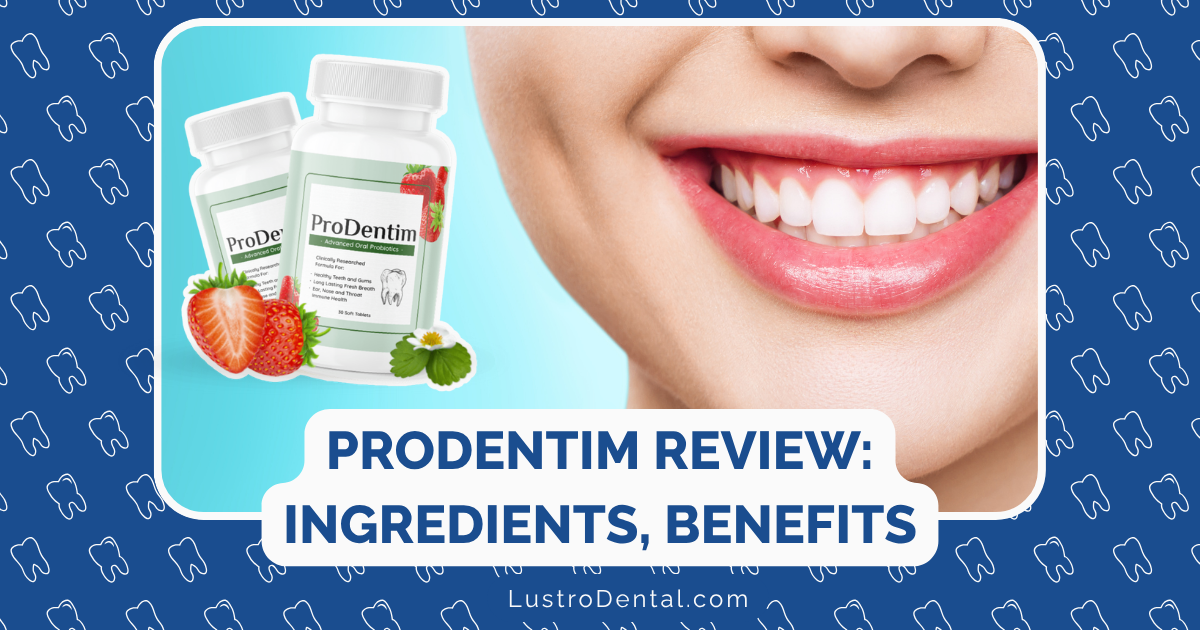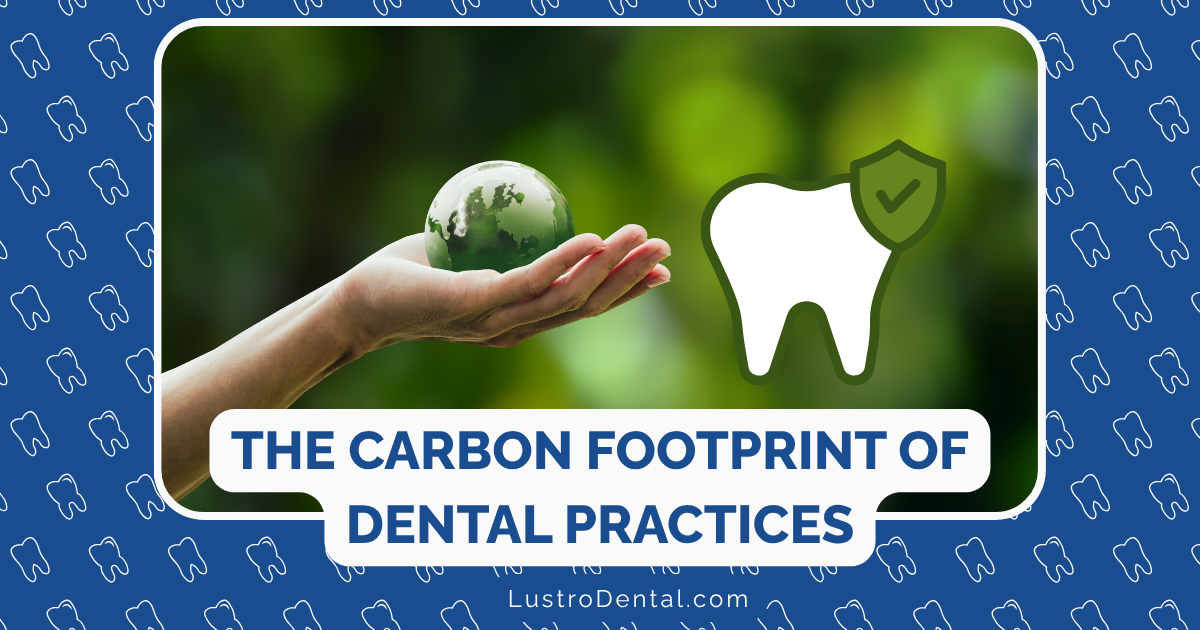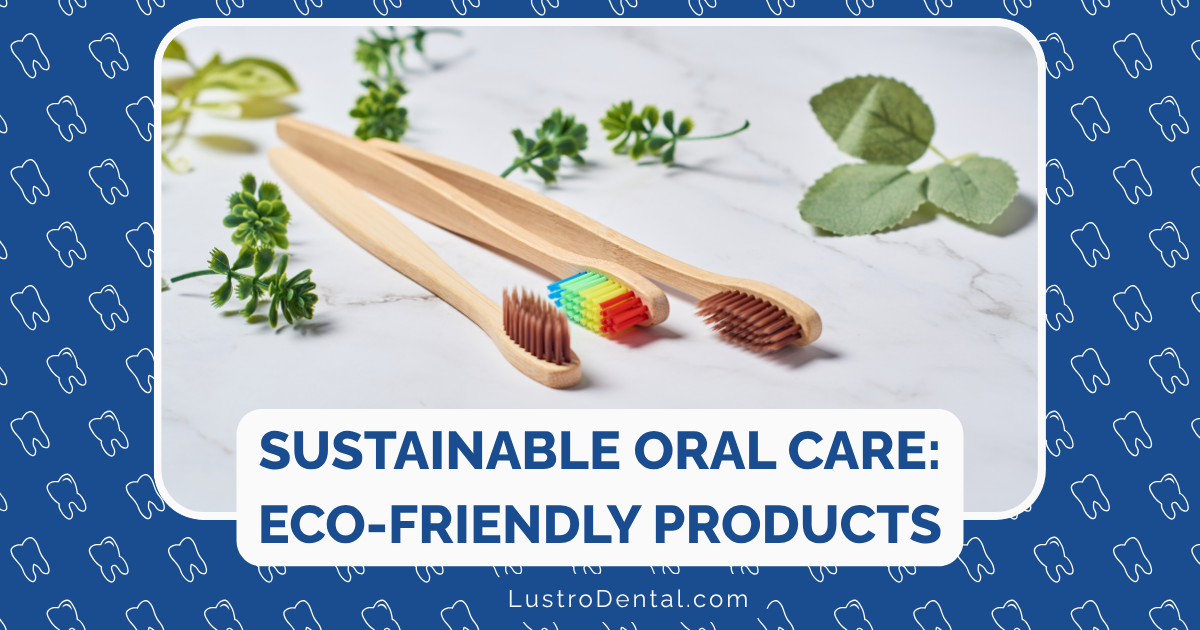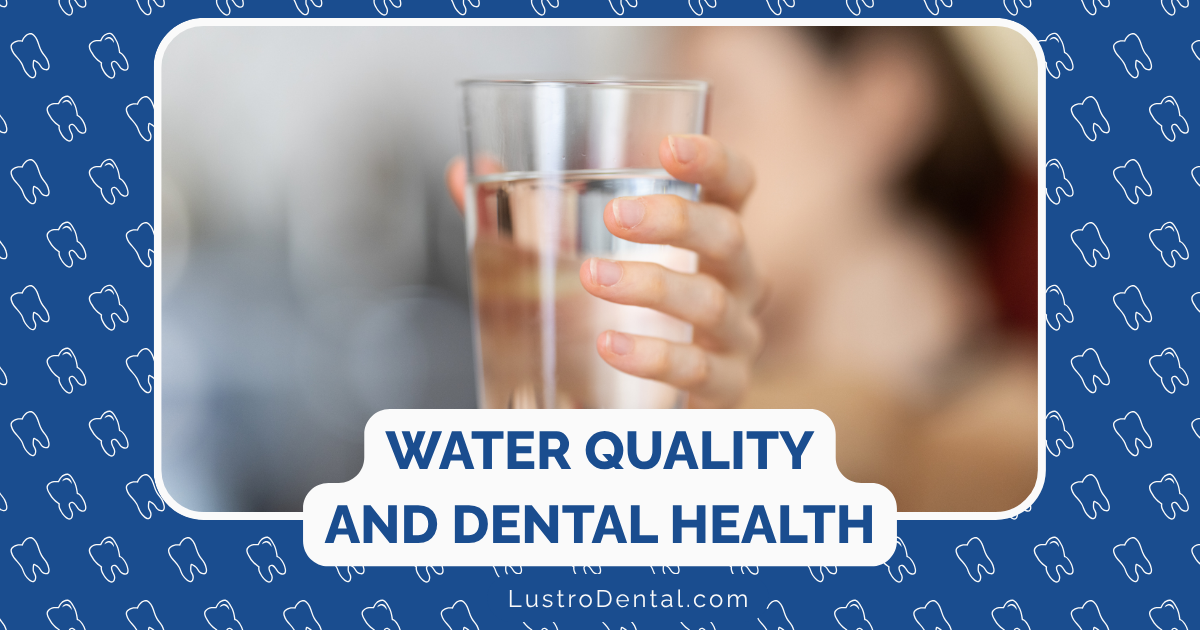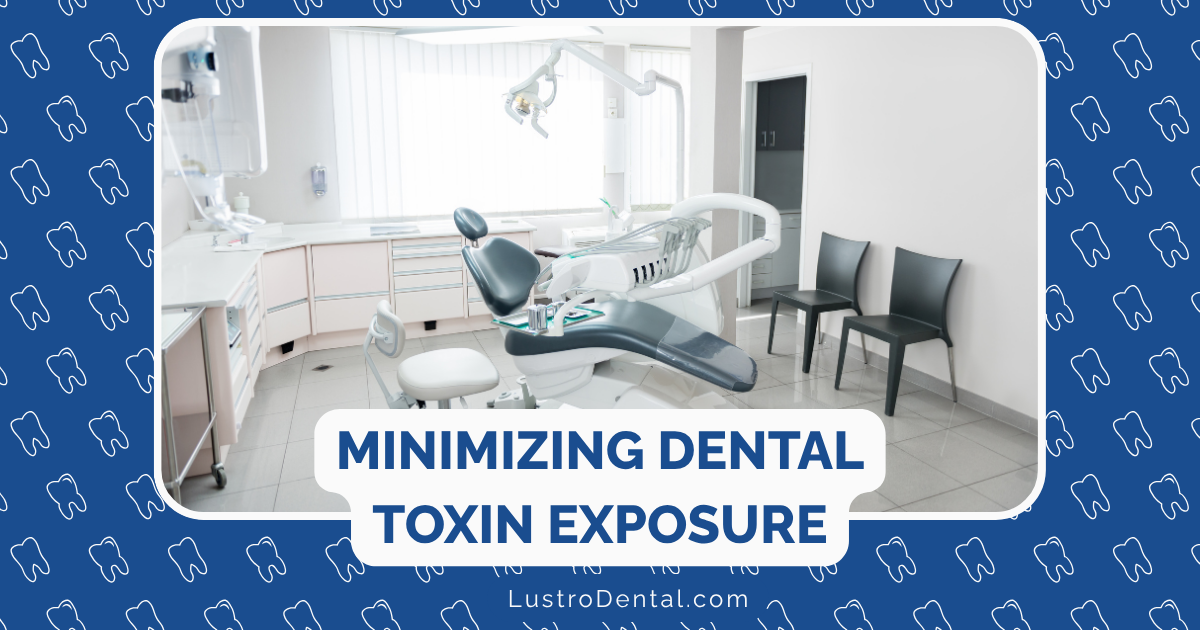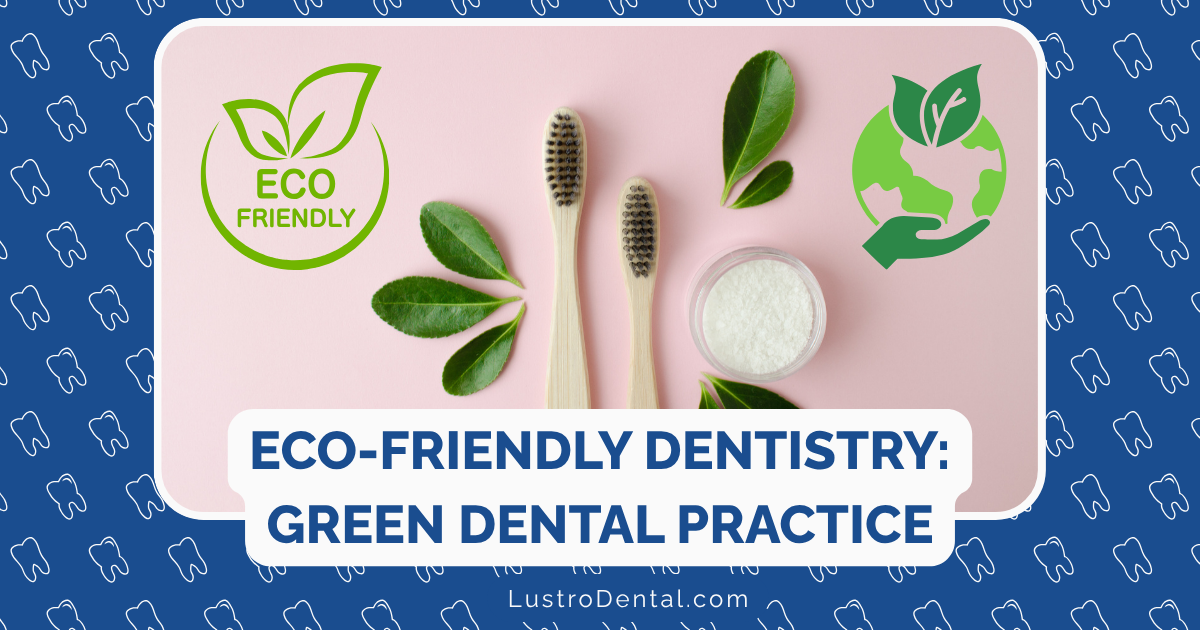The Oral-Systemic Connection Through a Holistic Lens
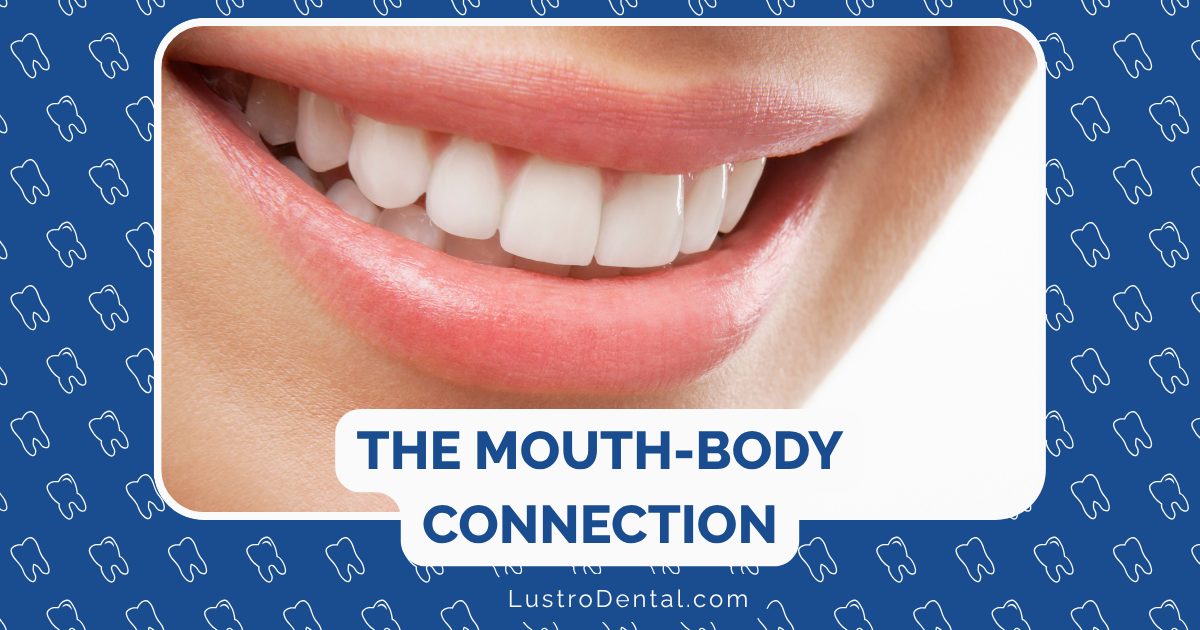
When was the last time your dentist asked about your sleep quality, digestive health, or stress levels? If you’re like most people, the answer is probably “never.” Traditional dentistry has long treated the mouth as an isolated system—a mechanical approach focused on fixing problems as they arise. But a growing body of research is revealing what holistic practitioners have understood for decades: your mouth is intricately connected to every system in your body.
This understanding forms the foundation of holistic dentistry, an approach that views oral health as an integral component of your overall wellbeing. Let’s explore this fascinating connection and discover how a more integrated approach to dental care might transform your health journey.
Understanding the Oral-Systemic Connection
The term “oral-systemic connection” refers to the relationship between oral health and the health of the rest of your body. This isn’t just a theoretical concept—it’s backed by substantial scientific evidence.
“The mouth is not an island unto itself,” explains Dr. Susan Chen, a holistic dentist with over 20 years of experience. “It’s the gateway to your body, and what happens there can affect everything from your heart to your brain.”
Recent research published in Nature Scientific Reports confirms that the oral microbiome—the community of more than 700 bacterial species living in your mouth—plays a crucial role in modulating immune responses and protecting against pathogens. When this delicate ecosystem falls out of balance, the consequences can extend far beyond cavities and gum disease.
The Mouth as a Mirror of Health
Your mouth often reflects what’s happening elsewhere in your body. Consider these connections:
Periodontal Disease and Systemic Health
Periodontal (gum) disease involves chronic inflammation of the tissues surrounding the teeth. This inflammation doesn’t stay confined to your mouth. Research has linked periodontal disease to numerous systemic conditions, including:
- Cardiovascular disease: Bacteria from infected gums can enter your bloodstream, potentially contributing to arterial plaque formation and increasing heart attack and stroke risk.
- Diabetes: A bidirectional relationship exists between diabetes and periodontal disease—each condition can exacerbate the other. People with diabetes are more susceptible to infections, including gum disease, while the inflammation from periodontal disease can increase insulin resistance.
- Respiratory conditions: Bacteria from the mouth can be aspirated into the lungs, potentially causing or worsening respiratory infections and chronic conditions.
- Pregnancy complications: Research suggests associations between periodontal disease and preterm birth, low birth weight, and preeclampsia.
- Rheumatoid arthritis: The same bacteria implicated in periodontal disease have been found in the synovial fluid of people with rheumatoid arthritis, suggesting a potential causal link.
The Oral-Gut Connection
Perhaps one of the most exciting areas of research involves the relationship between the oral microbiome and the gut microbiome—often referred to as the “oral-gut axis.”
“What happens in the mouth doesn’t stay in the mouth,” notes Dr. Michael Roberts, researcher at the American Academy for Oral Systemic Health. “The bacteria in your mouth travel to your gut every time you swallow—about 1.5 liters of saliva daily. This constant seeding of the gut with oral bacteria can significantly impact digestive health.”
This connection works both ways. Poor gut health can lead to systemic inflammation, which increases the risk of gum disease and other oral problems. Meanwhile, an imbalanced oral microbiome can introduce harmful bacteria to the gut, potentially contributing to digestive issues and even affecting nutrient absorption.
The Oral Health Foundation has recognized this crucial connection, making it the focus of their National Smile Month campaign for 2025 with the theme “Feed Your Smile.”
Holistic Dentistry: A Whole-Body Approach
Holistic dentistry (also called biological or integrative dentistry) acknowledges these connections and approaches dental care with the entire body in mind. This approach differs from conventional dentistry in several key ways:
1. Focus on Root Causes
Rather than simply treating symptoms, holistic dentists seek to understand the underlying causes of dental issues. For example, instead of just filling cavities, they might explore nutritional factors, pH imbalances, or sleep breathing disorders that could be contributing to decay.
2. Biocompatibility
Holistic dentists prioritize materials and treatments that work harmoniously with your body. This includes:
- Mercury-free dentistry (avoiding amalgam fillings)
- Biocompatibility testing to identify the most suitable materials for your individual biology
- Minimally invasive procedures that preserve natural tooth structure
3. Integrated Treatment Planning
A truly holistic approach considers how dental treatments might affect other body systems. For instance, when addressing jaw alignment issues, a holistic dentist might collaborate with other healthcare providers to explore connections to posture, breathing, and sleep quality.
4. Environmental Awareness
Many holistic dental practices implement protocols to minimize environmental impact, recognizing that environmental health ultimately affects human health. This includes proper disposal of materials like mercury and reducing waste.
The Mouth-Brain Connection
Another fascinating aspect of the oral-systemic connection involves the relationship between oral health and neurological function. Research has identified potential links between poor oral health and cognitive decline, including conditions like Alzheimer’s disease.
One theory involves the bacteria associated with periodontal disease. Porphyromonas gingivalis, a key pathogen in gum disease, produces toxins called gingipains that have been found in the brains of Alzheimer’s patients. These toxins may contribute to the neural damage characteristic of the disease.
Additionally, chronic inflammation from periodontal disease may contribute to systemic inflammation, which is increasingly recognized as a factor in cognitive decline and neurodegenerative diseases.
Practical Steps for Holistic Oral Health
Embracing a holistic approach to oral health doesn’t require radical changes. Here are some practical steps anyone can take:
1. Nutrition for Oral-Systemic Health
What you eat affects both your oral microbiome and your overall health. Consider incorporating:
- Crunchy vegetables: Foods like carrots, celery, and bell peppers stimulate saliva production (nature’s tooth cleanser) while providing nutrients that support both oral and gut health.
- Omega-3 fatty acids: Found in fatty fish, flaxseeds, and walnuts, these help reduce inflammation throughout the body, including in the gums.
- Fermented foods: Yogurt, kefir, sauerkraut, and other fermented foods contain beneficial bacteria that can support both oral and gut microbiome balance.
- Antioxidant-rich foods: Colorful berries, dark leafy greens, and other antioxidant-rich foods combat inflammation and support immune function.
“The foods that benefit your oral health generally benefit your overall health as well,” says nutritionist Dr. Emily Johnson. “It’s not a coincidence that a diet rich in whole, unprocessed foods supports both a healthy mouth and a healthy body.”
2. Mindful Oral Hygiene
Effective oral hygiene goes beyond just brushing twice a day:
- Proper brushing technique: Gentle, thorough brushing with a soft-bristled brush helps remove plaque without damaging gum tissue.
- Interdental cleaning: Flossing or using interdental brushes removes bacteria from places your toothbrush can’t reach.
- Tongue cleaning: The tongue harbors numerous bacteria; cleaning it daily can significantly improve oral microbiome balance.
- Oil pulling: This ancient practice involves swishing oil (typically coconut oil) in the mouth to reduce harmful bacteria and promote oral health.
3. Stress Management
Chronic stress impacts both oral and systemic health. High stress levels can compromise immune function, making you more susceptible to infections, including periodontal disease. Stress can also lead to teeth grinding (bruxism), which can damage teeth and contribute to TMJ disorders.
Incorporating stress-reduction practices like meditation, deep breathing, or regular physical activity can benefit both your oral health and your overall wellbeing.
4. Sleep Quality
The connection between sleep and oral health works both ways. Sleep disorders like sleep apnea can contribute to bruxism, dry mouth, and increased inflammation, while dental issues can disrupt sleep quality.
A holistic dentist might screen for signs of sleep-disordered breathing and collaborate with sleep specialists to address these issues comprehensively.
Finding a Holistic Dental Provider
If you’re interested in exploring holistic dentistry, here are some tips for finding a provider who aligns with this philosophy:
- Look for relevant credentials: Many holistic dentists have additional training through organizations like the International Academy of Oral Medicine and Toxicology (IAOMT) or the Holistic Dental Association.
- Ask about their approach: During an initial consultation, ask how they view the oral-systemic connection and how this informs their treatment approach.
- Inquire about specific practices: Do they use biocompatible materials? Do they offer mercury-safe amalgam removal? Do they collaborate with other healthcare providers?
- Trust your instincts: The right provider should take time to listen to your concerns, answer your questions thoroughly, and make you feel comfortable with their approach.
The Future of Oral-Systemic Health
The field of oral-systemic health continues to evolve rapidly. The American Academy for Oral Systemic Health is at the forefront of promoting interdisciplinary collaboration between dental and medical professionals, recognizing that this integrated approach offers the best outcomes for patients.
The American Dental Association is also acknowledging this important connection, hosting a symposium titled “Dentistry’s Role in Complete Health 2025” that will explore the relationship between oral health and overall systemic health.
As research advances, we can expect to see even more integration between dental care and general healthcare. This holistic approach promises not just healthier mouths, but healthier bodies and lives.
Conclusion
Viewing oral health through a holistic lens reveals the profound connections between your mouth and the rest of your body. By understanding these connections and taking an integrated approach to care, you can support not just your smile, but your overall wellbeing.
The mouth truly is a window to the body—and by keeping that window clean and clear, you gain insights that can transform your health journey. Whether you’re dealing with specific health challenges or simply seeking to optimize your wellbeing, considering the oral-systemic connection can open new pathways to vibrant health.
Have you experienced improvements in your overall health after addressing dental issues? Or have you noticed oral symptoms during periods of illness? Share your experiences in the comments below.


